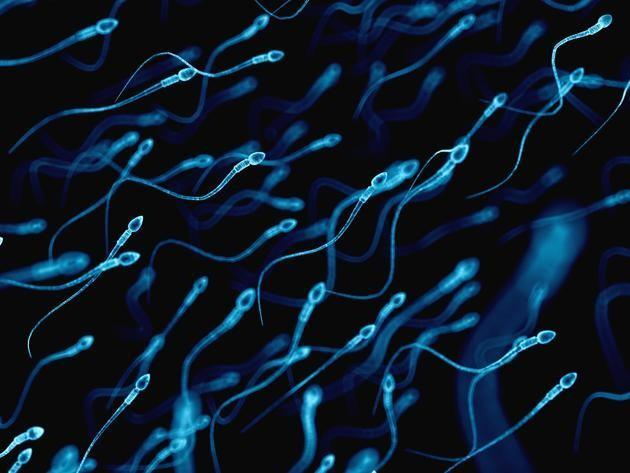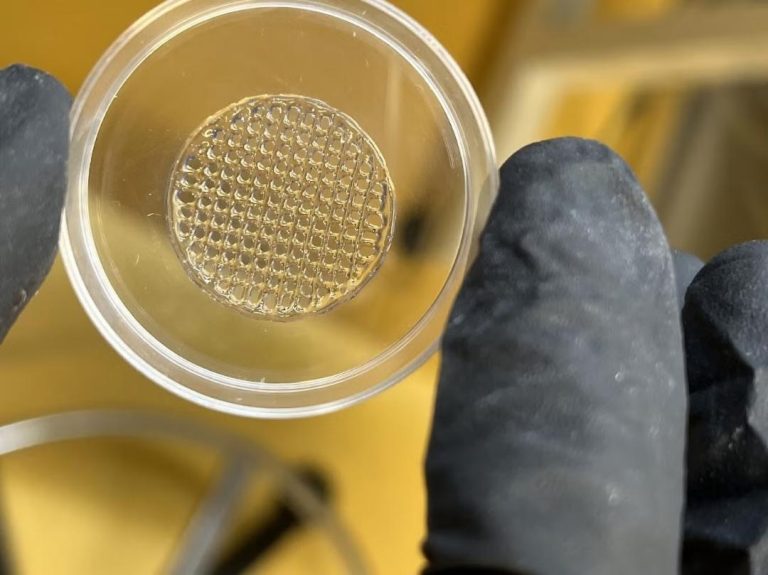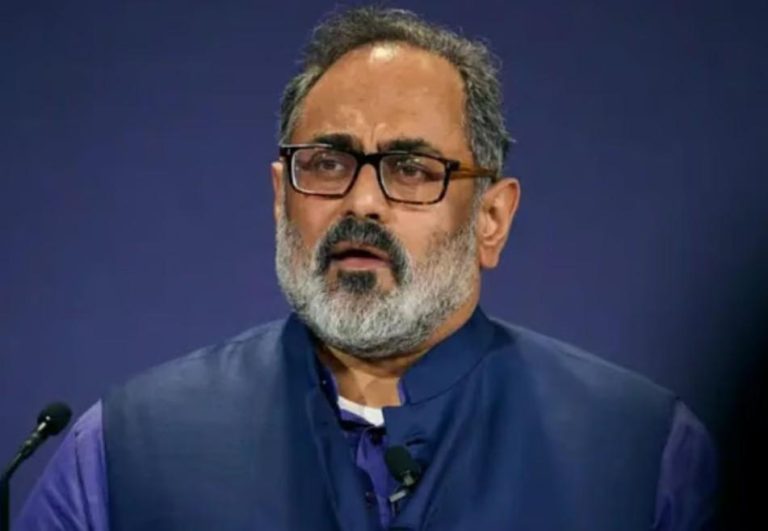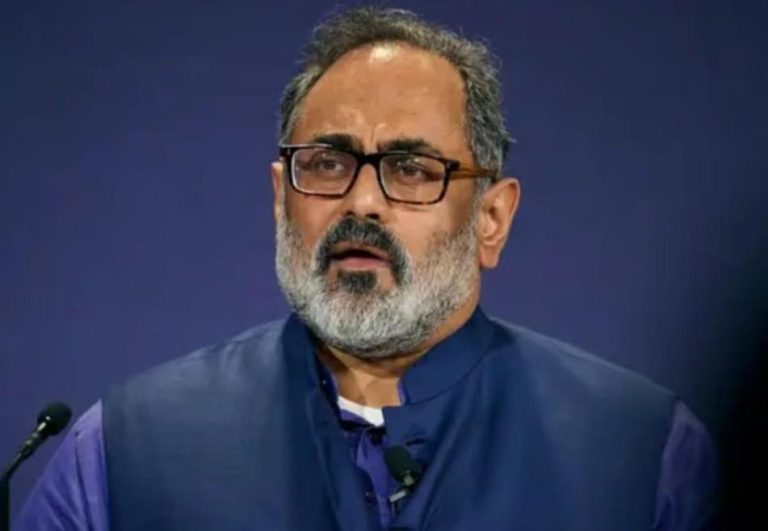
1st known transplant of sperm-producing stem cells conducted
In a groundbreaking medical breakthrough, a 26-year-old man in the United States has received the first known transplant of sperm-producing stem cells. This pioneering procedure offers new hope to young boys who are battling cancer and risk losing their fertility later in life.
The remarkable story begins when Jaiwen Hsu, now 26, was just 11 years old. A routine leg injury led to a diagnosis of bone cancer, and his doctors told him that chemotherapy was the only treatment option to save his life. However, they also warned him that the intense treatment would likely leave him infertile.
Fast forward to today, and Jaiwen’s story is a testament to the power of medical innovation. After years of research and experimentation, scientists have successfully transplanted sperm-producing stem cells into his body. This groundbreaking procedure is not only a major milestone in the field of regenerative medicine but also offers new hope to young boys who are facing the same daunting prospect of infertility.
The process of storing stem cells from boys who are diagnosed with cancer is a relatively new concept. As the Indian Express reports, “Boys with cancer can face infertility as adults, can storing their stem cells help?” this innovative approach involves harvesting stem cells from the patient’s body during a relatively early stage of the cancer treatment. These stem cells are then cryogenically preserved and stored for future use.
The idea behind this procedure is that these stem cells have the potential to develop into various types of cells, including sperm cells. By transplanting these stem cells back into the patient’s body, doctors hope to restore their fertility and give them a chance to father their own children in the future.
Jaiwen’s case is particularly significant because it marks the first time that this procedure has been successfully conducted in the United States. The 26-year-old patient received the transplant at a leading medical center in the country, and his doctors are optimistic about the results.
“We are thrilled to have achieved this milestone,” said Dr. [Name], the lead researcher on the project. “This procedure offers new hope to young boys who are facing the devastating prospect of infertility due to cancer treatment. We believe that this technology has the potential to change the lives of countless individuals and give them the chance to build their own families.”
The success of this procedure is not limited to Jaiwen’s case. In fact, researchers are already exploring the possibility of using this technology to treat other conditions that affect fertility, such as premature ovarian failure and testicular failure.
“This breakthrough has the potential to revolutionize the way we approach fertility preservation,” said Dr. [Name], a leading expert in the field of reproductive medicine. “We are excited to see where this technology takes us and how it can improve the lives of individuals who are struggling with fertility issues.”
While this procedure is still in its early stages, it offers new hope to young boys who are facing the daunting prospect of infertility due to cancer treatment. As researchers continue to refine this technology and explore its potential, we can expect to see even more groundbreaking developments in the field of regenerative medicine.






